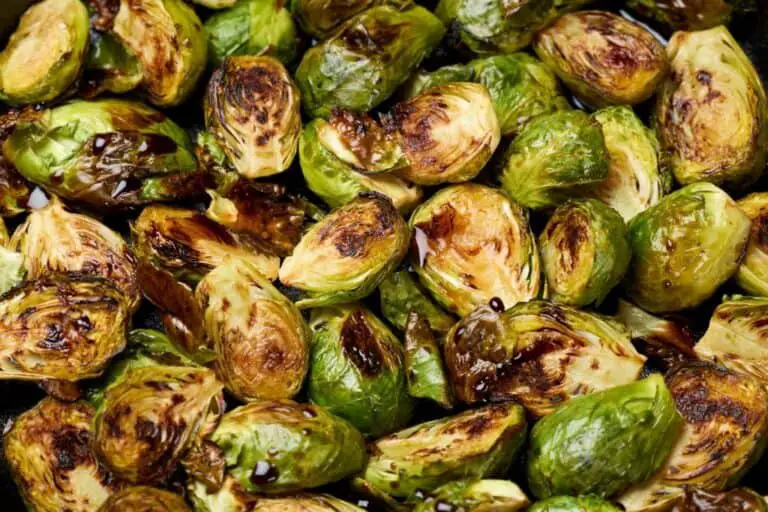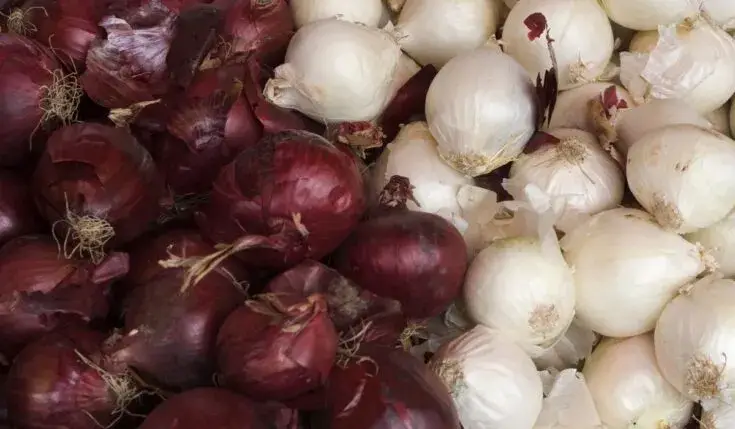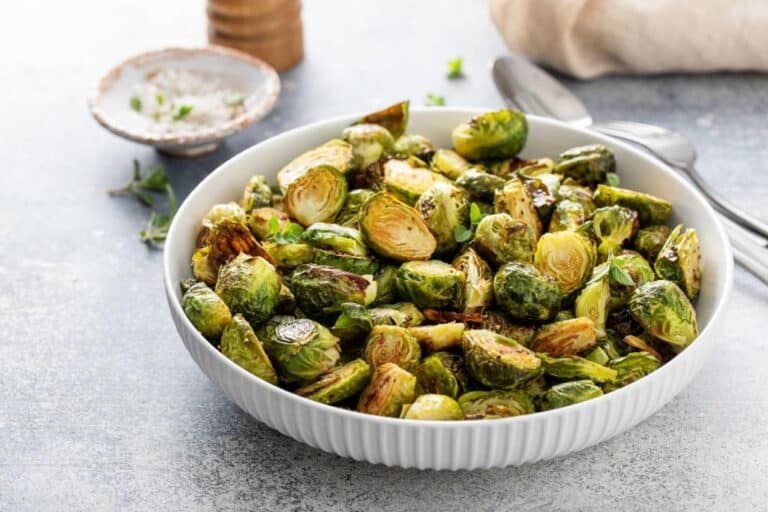How Much Does Brussels Sprouts Cost per Pound? Average Retail Price
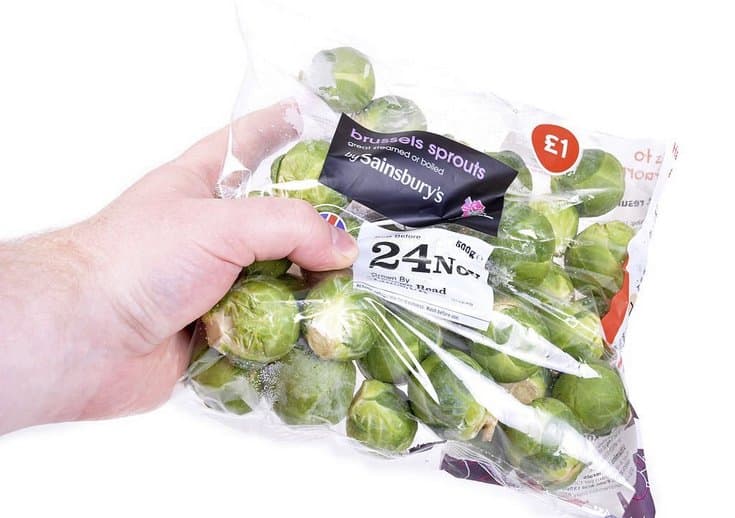
Are you a fan of Brussels sprouts? These small, cabbage-like veggies have made a remarkable comeback in recent years, captivating taste buds with their distinct flavor and earning a reputation as a nutritional powerhouse. But before you head to the grocery store with a hankering for these delectable greens, you may find yourself pondering a crucial question: How much do Brussels sprouts cost per pound?
Fear not, for we have embarked on a quest to unravel the mysteries of their average retail price. In this article, we will delve into the factors that influence the cost of Brussels sprouts, from seasonal variations to geographic locations.
Join us as we explore the world of Brussels sprout prices, equip you with the knowledge you need to make informed choices, and even reveal some money-saving tips along the way. Get ready to unearth the secrets behind these tiny green gems and discover the average retail price per pound.
How Much Do Brussels Sprouts Cost Per Pound?
The cost of Brussels sprouts per pound varies depending on the location and whether they are fresh or frozen. Here are some examples:
On average, fresh Brussels sprouts will cost anywhere from $3 to $5 per pound (1).
- At Walmart, a 1 lb bag of fresh Brussels sprouts costs $2.98 (2).
- At Safeway, Brussels sprouts cost $3.99 per pound (3).
- WebstaurantStore sells a 25 lb bag of Brussels sprouts for a low price, but it is intended for commercial use (4).
- The average advertised retail price for Brussels sprouts in 2022 was $3.21 per unit, according to the USDA, representing a 7% increase from 2021 (5).
- The YCharts data shows that the US Brussels sprouts price received is currently at a level of 35.40, down from 41.00 one year ago (6).
It is important to note that prices may vary depending on location, season, and availability.
Factors Affecting the Cost of Brussels Sprouts per Pound
Seasonal Availability and Demand
Brussels sprouts, like many other vegetables, have a peak season when they are abundantly available. During this time, the cost per pound tends to be lower due to the higher supply. However, when Brussels sprouts are out of season, their availability decreases, leading to an increase in price.
Organic vs. Conventionally Grown Sprouts
The choice between organic and conventionally grown Brussels sprouts can also impact the price. Organic sprouts often come with a higher price tag due to the costlier farming practices involved. Organic farming methods prioritize environmental sustainability and avoid the use of synthetic pesticides and fertilizers.
Location and Transportation Costs
Where you purchase Brussels sprouts can affect the price as well. Regional variations in pricing are common, with certain areas experiencing higher costs due to factors such as transportation expenses. Brussels sprouts grown locally may be more affordable compared to those transported from distant regions.
Quality and Size of the Sprouts
The quality and size of Brussels sprouts can play a role in determining their price. Larger and fresher sprouts tend to command a higher price due to their perceived value and visual appeal. Additionally, Brussels sprouts that meet specific quality standards may be categorized and priced accordingly.
Average Retail Price of Brussels Sprouts per Pound
To get a better understanding of the average retail price of Brussels sprouts per pound, let’s delve into some key considerations.
National Average Price Range
The average retail price of Brussels sprouts can vary across different regions within a country. However, tracking the national average price range provides a useful benchmark. By comparing prices across various stores and regions, you can gain insight into the general cost of Brussels sprouts per pound.
Regional Variations in Pricing
Beyond the national average, specific regions may experience unique pricing patterns for Brussels sprouts. Factors such as local demand, availability of farmland, and the cost of living can contribute to these variations. It’s worth exploring prices in your specific area to understand the local market dynamics.
Comparison of Prices at Different Types of Stores
The prices of Brussels sprouts can also differ depending on the type of store you visit. Grocery stores, farmers markets, and specialty stores each have their own pricing strategies. Farmers markets, for example, may offer more competitive prices due to direct producer-to-consumer sales, while specialty stores might focus on higher-quality options with corresponding price points.
Price Fluctuations Over Time
Brussels sprouts, like many agricultural products, are subject to price fluctuations over time. Factors such as weather conditions, changes in demand, and global market trends can impact pricing. Keeping an eye on historical price trends and understanding the underlying factors can help you make informed purchasing decisions.
Money-Saving Strategies for Buying Brussels Sprouts
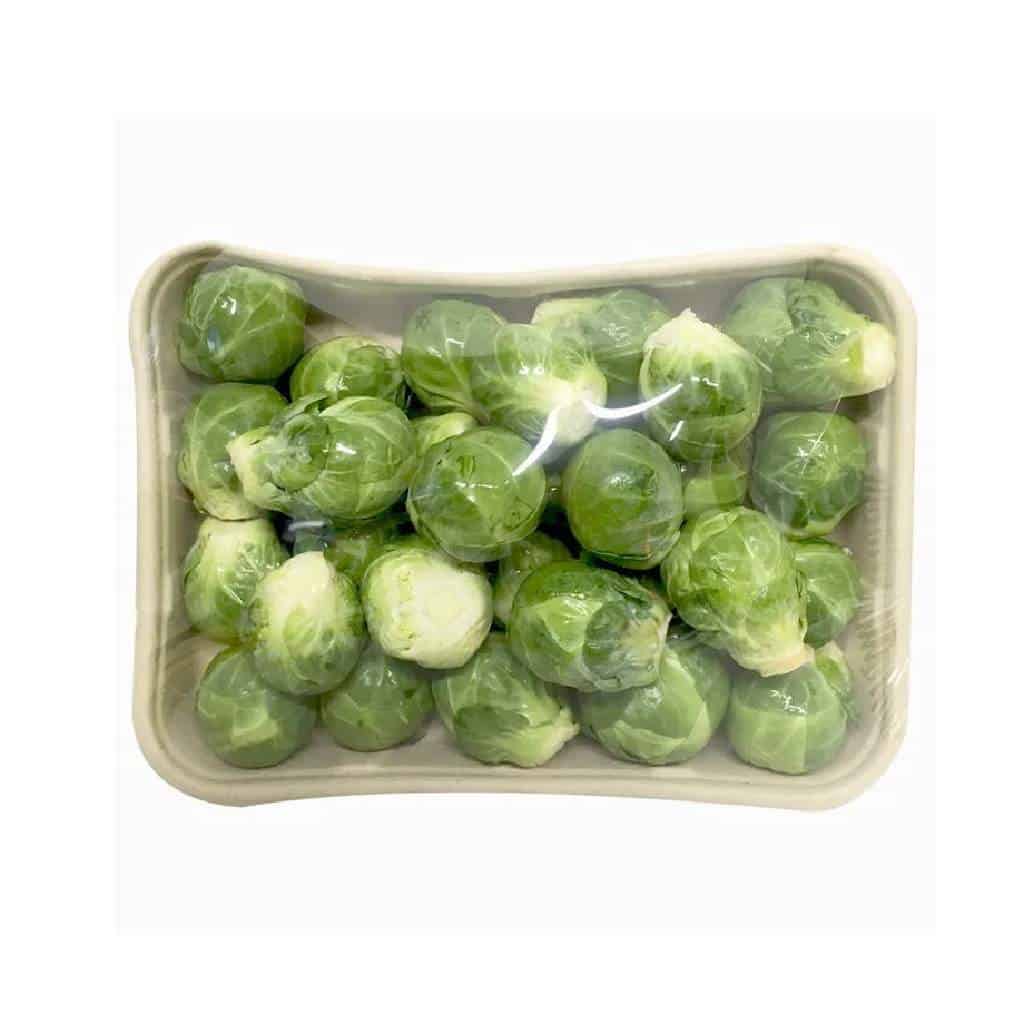
If you’re looking to save some money on Brussels sprouts, here are a few strategies you can consider:
Buying in Season
Purchasing Brussels sprouts during their peak season is a great way to save money. They are more abundant and typically available at lower prices. Consider buying in bulk during this time and freezing them for later use. This way, you can enjoy Brussels sprouts even when they are not in season.
Shopping Local
Supporting local farmers’ markets or community-supported agriculture (CSA) programs can often offer Brussels sprouts at competitive prices. By purchasing directly from local growers, you not only get fresh produce but also contribute to the local economy and promote sustainable farming practices.
Comparing Prices
Don’t be afraid to explore different grocery stores or markets in your area to compare prices. Prices can vary significantly, so taking the time to shop around can help you find the best deals on Brussels sprouts.
Frozen or Canned Options
If fresh Brussels sprouts are beyond your budget, consider opting for frozen or canned options. These alternatives can be more cost-effective while still retaining most of their nutritional value. They are convenient and provide a longer shelf life, allowing you to enjoy Brussels sprouts at any time.
Conclusion
Understanding the average retail price of Brussels sprouts per pound is essential for making informed purchasing decisions. Factors such as seasonality, geographic location, organic vs. conventional, quality, and size can all influence the cost.
On average, you can expect to pay around $2.00 to $5.00 per pound, depending on where you shop and whether you opt for organic or conventional options.
By implementing money-saving strategies and exploring various options, you can enjoy the nutritional benefits and culinary versatility of Brussels sprouts without straining your budget.
So next time you crave those delicious greens, you’ll be equipped with the knowledge to make smart choices and savor the flavor of Brussels sprouts!
FAQs
How does the price of Brussels sprouts differ between organic and conventional options?
Generally, organic Brussels sprouts tend to be more expensive than conventionally grown ones. Organic farming practices and certification requirements contribute to the higher production costs, which are reflected in the pricing.
Are there any significant price variations in Brussels sprouts across different regions?
Yes, there can be significant price variations in Brussels sprouts across different regions. Factors such as transportation costs, local demand, and competition among retailers can influence pricing dynamics.
How do seasonal changes impact the cost of Brussels sprouts?
Seasonal changes can impact the cost of Brussels sprouts. During peak seasons, when the supply is higher, prices tend to be lower. Conversely, prices may increase when Brussels sprouts are out of season due to limited availability.
Can I save money on Brussels sprouts by growing them myself?
Growing Brussels sprouts yourself can potentially save you money. However, it requires proper gardening skills, space, and time. Consider factors such as climate suitability, availability of resources, and your commitment to maintaining the plants before deciding to grow them.
Are there any alternatives to buying fresh Brussels sprouts that may be more cost-effective?
If fresh Brussels sprouts are not within your budget, there are alternative options to consider. Frozen Brussels sprouts are often more affordable and retain much of their nutritional value. Canned Brussels sprouts are another option, although they may have a different texture and taste.
What are the main factors that contribute to the price fluctuations of Brussels sprouts over time?
Several factors contribute to the price fluctuations of Brussels sprouts over time. These include seasonal availability, weather conditions, changes in demand, global market trends, and the overall supply chain dynamics.


